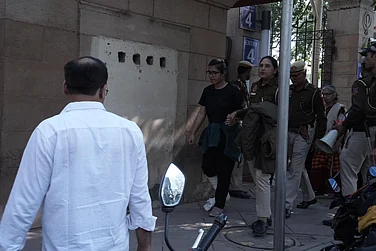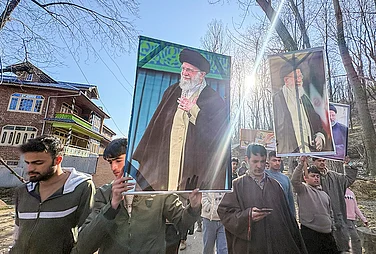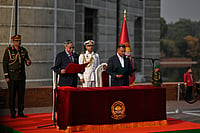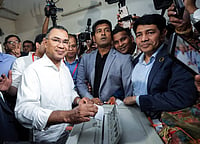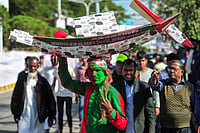Almost all major women politicians in South Asia either inherited their position of power from fathers, husbands or male mentors or were backed by family wealth—from prime ministers Indira Gandhi, Sirimavo Bandaranaike, Benazir Bhutto, Sheikh Hasina and Begum Khaleda Zia to Indian chief minister Jayaram Jayalalitha, Mayawati and Vasundhara Raje Scindhia. Mamata Banerjee stands out in stark contrast—she is neither heir to anyone else’s position nor does she have any wealth to support her political aspirations. In a sense, she is her only asset. And it is perhaps this that also leads to the dictatorial approach she is known for. She repeatedly described herself as ‘rough and tough’, and claims to be someone who ‘controls goons’, one who can take on anyone as she does not carry any baggage. She has not shed her ‘strong woman’ image even after coming to power in 2011, though she has consistently tried to highlight her humane approach and laid special focus on women as well as other backward sections of society. And while she does not come from a dynasty, she did try to create one—by unambiguously choosing her nephew as her heir.
‘Rough And Tough’: Rise Of Mamata Banerjee
Mamata Banerjee stands out in stark contrast—she is neither heir to anyone else’s position nor does she have any wealth to support her political aspirations.

‘Rough And Tough’: Rise Of Mamata Banerjee
‘Rough And Tough’: Rise Of Mamata Banerjee
Published At:
- Previous Story
 JNU Students Remain In Tihar Jail Despite Bail, Address Verification Delays Release
JNU Students Remain In Tihar Jail Despite Bail, Address Verification Delays Release - Next Story
MOST POPULAR
WATCH
MORE FROM THE AUTHOR
PHOTOS
×







